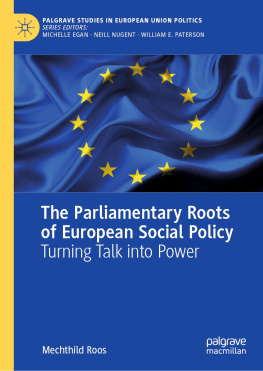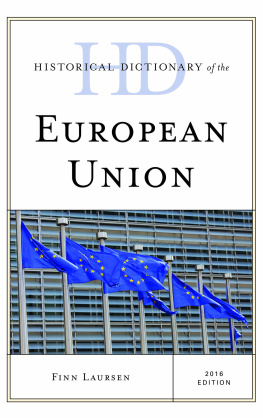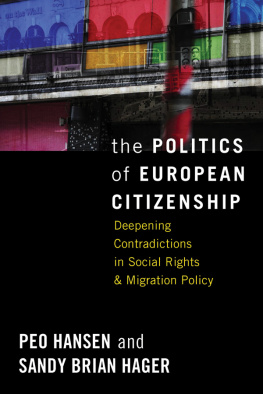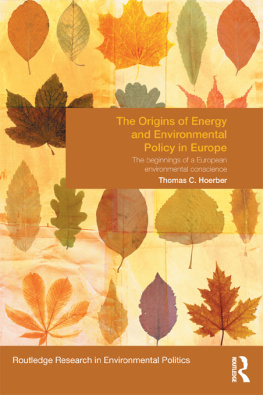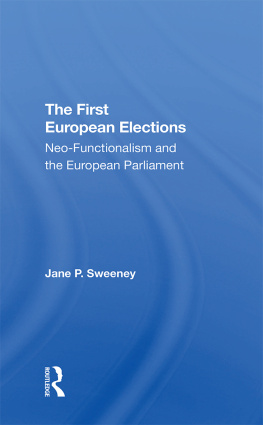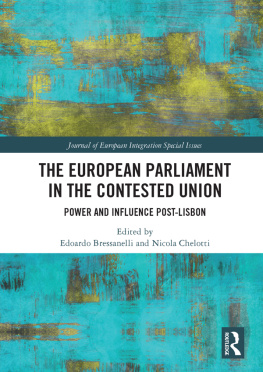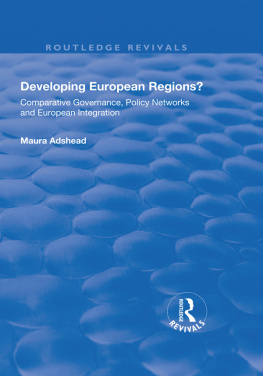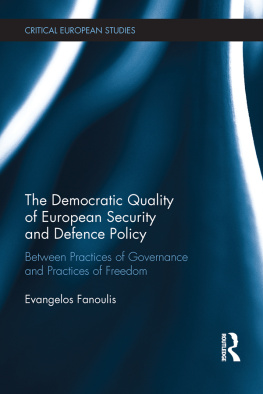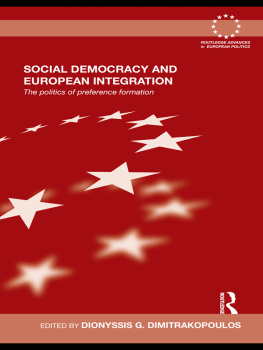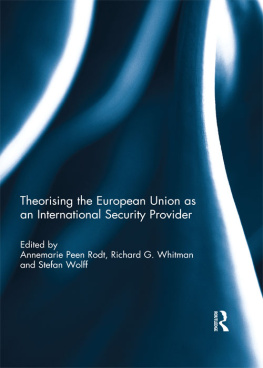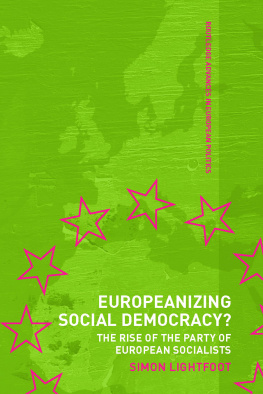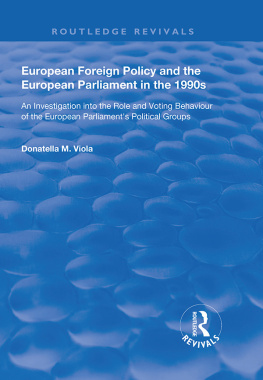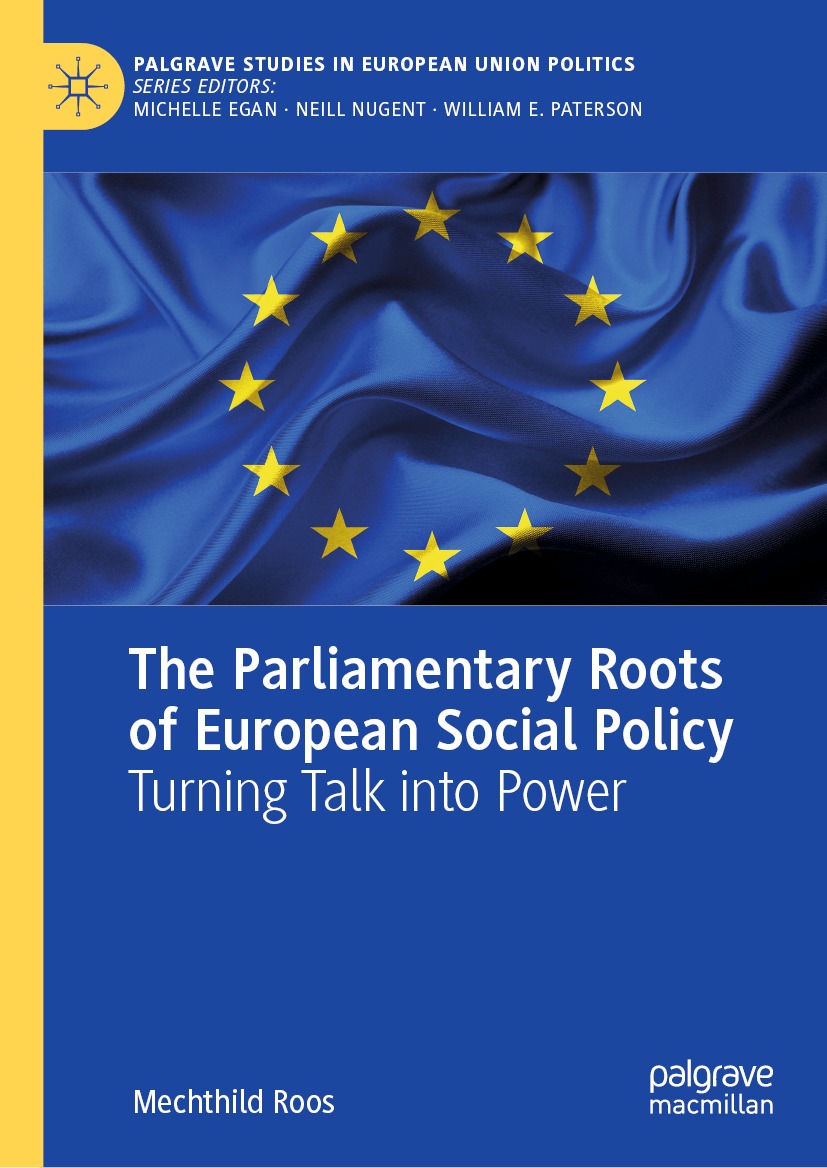Palgrave Studies in European Union Politics
Series Editors
Michelle Egan
American University, Washington, DC, USA
Neill Nugent
Manchester Metropolitan University, Manchester, UK
William E. Paterson
Aston University, Birmingham, UK
Following on the sustained success of the acclaimed European Union Series, which essentially publishes research-based textbooks, Palgrave Studies in European Union Politics publishes cutting edge research-driven monographs. The remit of the series is broadly defined, both in terms of subject and academic discipline. All topics of significance concerning the nature and operation of the European Union potentially fall within the scope of the series. The series is multidisciplinary to reflect the growing importance of the EU as a political, economic and social phenomenon. To submit a proposal, please contact Senior Editor Ambra Finotello ambra.finotello@palgrave.com. This series is indexed by Scopus.
Editorial Board
Laurie Buonanno (SUNY Buffalo State, USA)
Kenneth Dyson (Cardiff University, UK)
Brigid Laffan (European University Institute, Italy)
Claudio Radaelli (University College London, UK)
Mark Rhinard (Stockholm University, Sweden)
Ariadna Ripoll Servent (University of Bamberg, Germany)
Frank Schimmelfennig (ETH Zurich, Switzerland)
Claudia Sternberg (University College London, UK)
Nathalie Tocci (Istituto Affari Internazionali, Italy)
More information about this series at http://www.palgrave.com/gp/series/14629
Mechthild Roos
The Parliamentary Roots of European Social Policy
Turning Talk into Power
1st ed. 2021
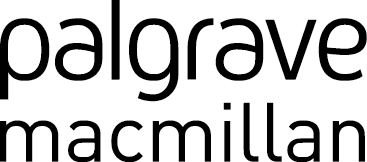
Logo of the publisher
Mechthild Roos
University of Augsburg, Augsburg, Germany
ISSN 2662-5873 e-ISSN 2662-5881
Palgrave Studies in European Union Politics
ISBN 978-3-030-78232-0 e-ISBN 978-3-030-78233-7
https://doi.org/10.1007/978-3-030-78233-7
The Editor(s) (if applicable) and The Author(s), under exclusive license to Springer Nature Switzerland AG 2021
This work is subject to copyright. All rights are solely and exclusively licensed by the Publisher, whether the whole or part of the material is concerned, specifically the rights of translation, reprinting, reuse of illustrations, recitation, broadcasting, reproduction on microfilms or in any other physical way, and transmission or information storage and retrieval, electronic adaptation, computer software, or by similar or dissimilar methodology now known or hereafter developed.
The use of general descriptive names, registered names, trademarks, service marks, etc. in this publication does not imply, even in the absence of a specific statement, that such names are exempt from the relevant protective laws and regulations and therefore free for general use.
The publisher, the authors and the editors are safe to assume that the advice and information in this book are believed to be true and accurate at the date of publication. Neither the publisher nor the authors or the editors give a warranty, expressed or implied, with respect to the material contained herein or for any errors or omissions that may have been made. The publisher remains neutral with regard to jurisdictional claims in published maps and institutional affiliations.
Cover illustration: Magic Lens/Shutterstock
This Palgrave Macmillan imprint is published by the registered company Springer Nature Switzerland AG
The registered company address is: Gewerbestrasse 11, 6330 Cham, Switzerland
Acknowledgements
There are people who love reading acknowledgements before diving into (or even regardless of) a books contents. I am one of them. They provide beautiful evidence that behind every book, theres an author, and behind the author(s), theres a crowd. Even if writing a monograph demands many, many hours in academic solitude (particularly tangible in times of a pandemic), it is a pleasure to see that the published result builds strongly on a dense network of collaboration, friendship and love.
That is certainly true for this book, which would be much poorer without the help and support of many people, bodies and organisations, the most important of whom I would like to mention here. First and foremost, I would like to express my profoundest gratitude to my doctoral supervisorsmy Doktorvater David Howarth and Anna-Lena Hgenauer at Luxembourg University, and N. Piers Ludlow at the LSEunder whose guidance this book took shape, and who are all in their own wonderful ways champions of advice, encouragement and inspiration, plus, over time, friendship, for which I am possibly the most grateful. I am furthermore very thankful for the advice I received from my examiners Berthold Rittberger, Francis Jacobs and Benot Majerus (to whom I am particularly indebted because he showed confidence in my research and teaching abilities already before I had been granted an opportunity to prove themindeed, without whose encouragement I might never have started a Ph.D. in the first place). I am furthermore very grateful to Ren Leboutte, under whose supervision this research project took off, and who offered much valuable advice prior to as well as after his retirement.
In the assembly of the archival material on which the analysis of this book builds, I received great support from various archives and libraries. Special thanks go to the team of the Historical Archives of the European Parliament in Luxembourgespecially to Alexandra Devantier, for her patience and all her help with my many requestsand of the Historical Archives of the European Union in Florence, as well as of the Fondation Jean Monnet pour lEurope in Lausanne, where I was granted a Henri Rieben Scholarship for archival research.
I would not have gained as profound an understanding of internal processes, procedures and the dominating ideas in the European Parliament (EP) prior to 1979 without all the information, memories and experiences that former Members of the EP and EP staff shared with me. I am very grateful to the 26 contemporary witnesses who agreed to answer questions about their time in the EP, of the interviewees who helped with access, translation and technological implementation of the interviews. These interviews were conducted with generous financial support from the Institute of Political Science and the IPSE Doctoral School of the University of Luxembourg, and through a fieldwork grant from UACES, the association in the area of European studies most dear to me, where every eventregardless of its size or themefeels like coming home.
Friends and colleagues at various academic institutions have greatly helped me sharpen my arguments, look at my material from different and new angles and walk the fine line of interdisciplinary research, starting with the wonderful people at the Institutes of Political Science and History at the University of Luxembourg, my alma mater. Amelia Hadfield and her colleagues at the Centre for European Studies, Canterbury Christ Church University, allowed me to try out ideas and arguments, and to sharpen my academic research and writing skills as Jean Monnet Guest Scholar at their centre. During an immensely productive and pleasant retreat as a Guest Researcher at the Max Planck Institute for Legal History and Legal Theory in Frankfurt, I could then polish the manuscript in the most stimulating of settings. I am deeply grateful to Stefan Vogenauer, Head of the Department of European and Contemporary Legal History, for this opportunity, and to the great people in his teamespecially to Philip Bajon, Jan-Henrik Meyer and Philipp Schmittfor countless inspiring exchanges. Finally, my doctoral research could be turned into this book thanks to the support and backing of my dear colleagues at Augsburg Universitys Institute of Social Sciences, and particularly of our team at the Chair in Comparative Politics of Peter A. Kraus.

